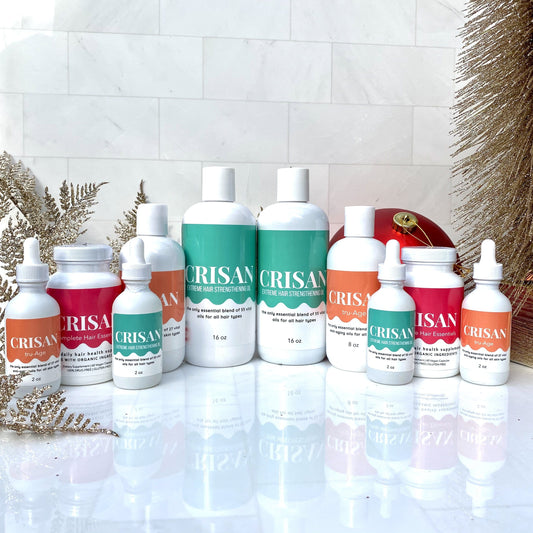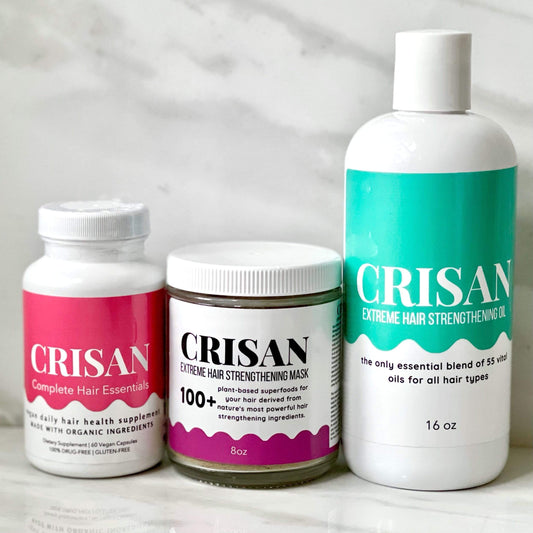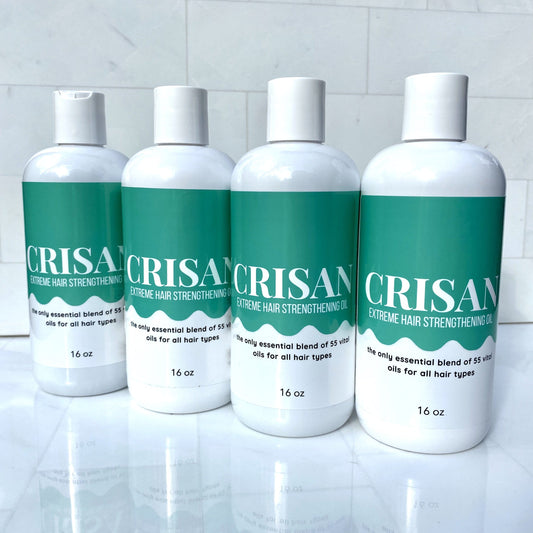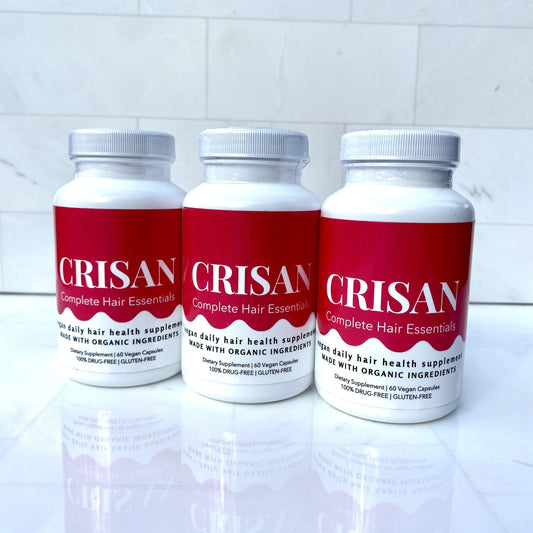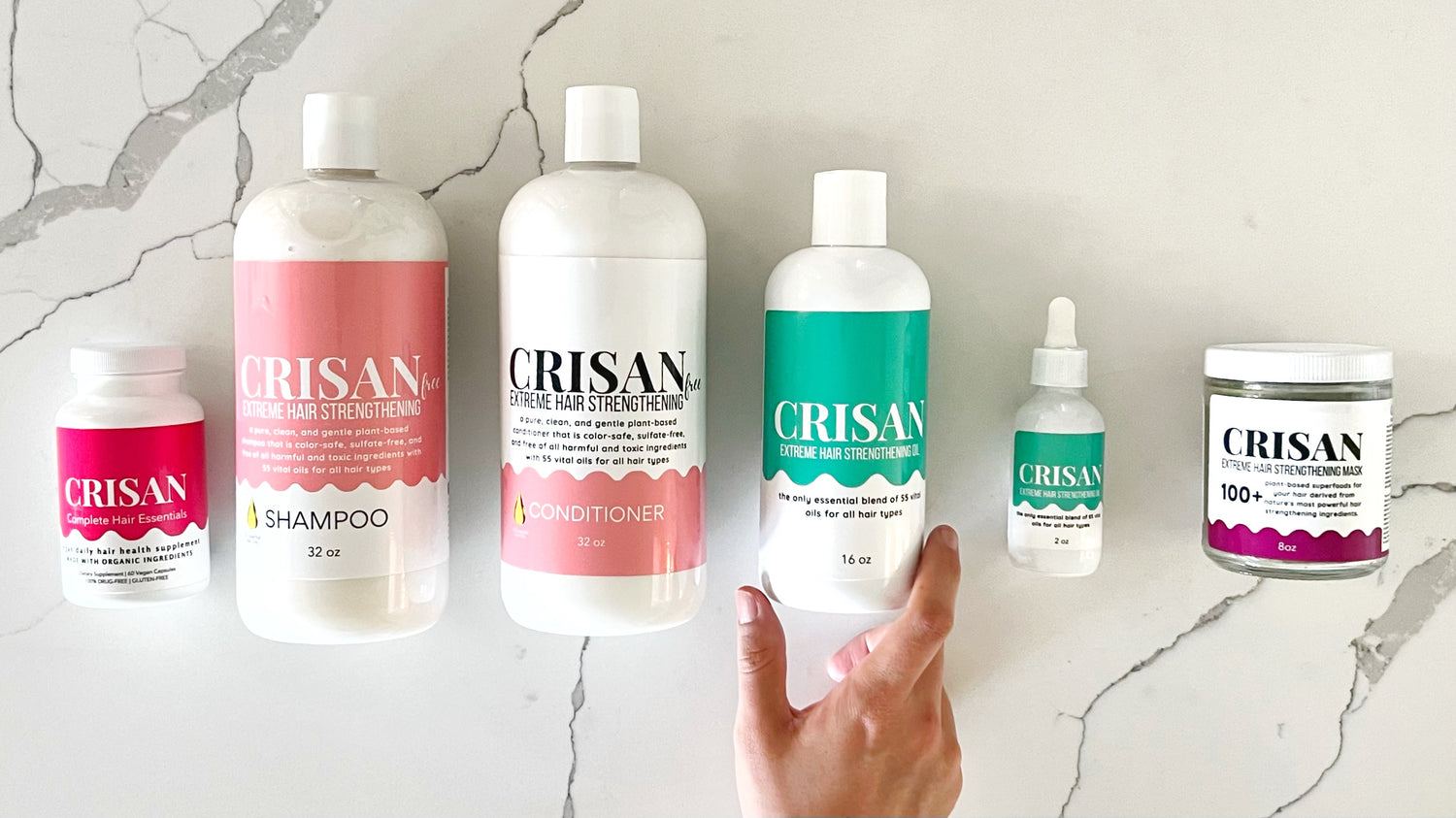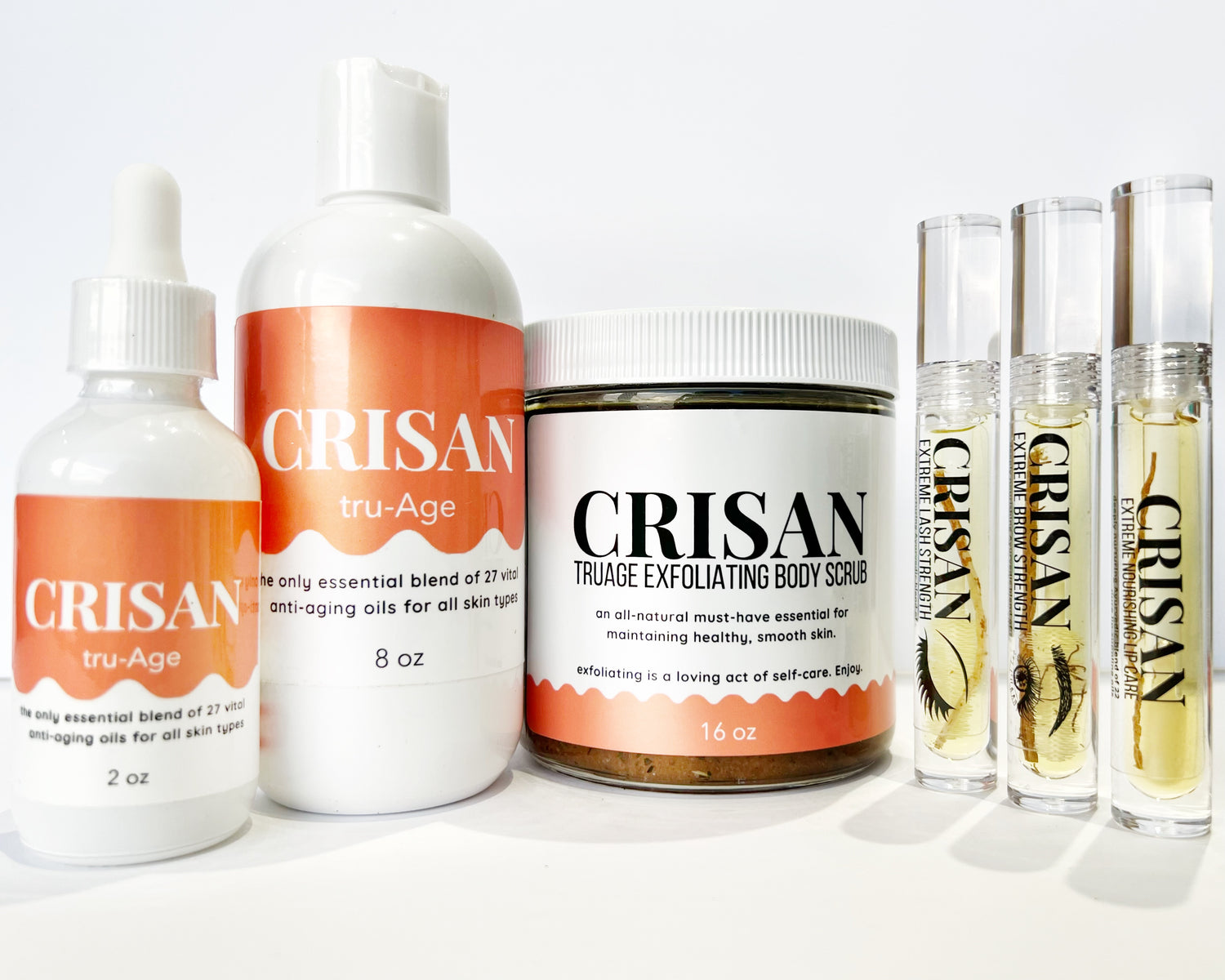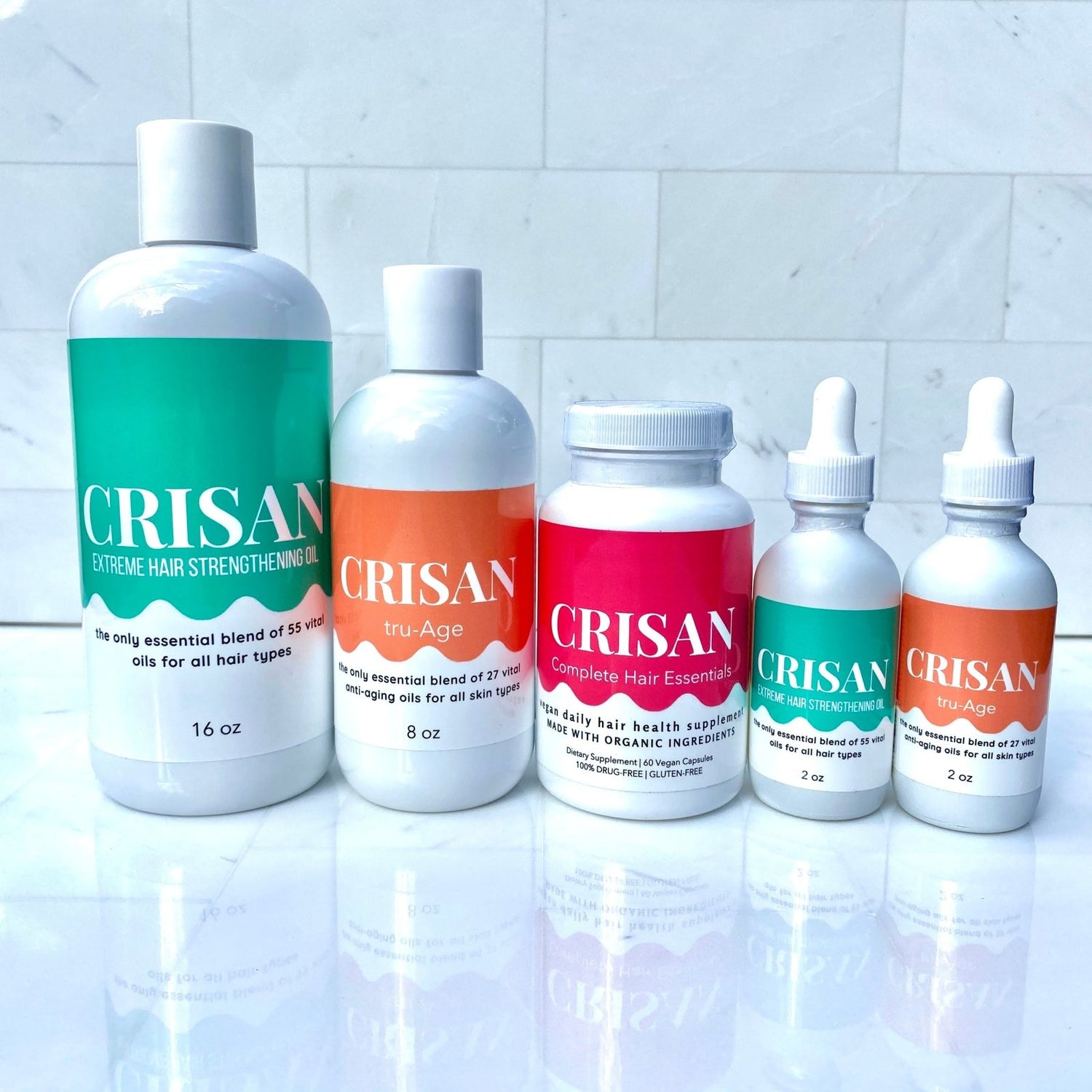Thinning hair can be a distressing issue for many, but there are natural and effective ways to promote hair growth and improve hair health. By adopting a holistic approach that includes a balanced diet, proper scalp care, the use of natural oils, and healthy lifestyle choices, you can significantly enhance the thickness and vitality of your hair. This article explores various organic hair growth tips that can help you achieve healthier, fuller hair naturally.
Key Takeaways
- A balanced diet rich in essential nutrients is crucial for promoting hair growth and reducing hair thinning.
- Regular scalp care, including massages and the use of organic shampoos, can stimulate hair growth and improve scalp health.
- Incorporating natural oils like coconut and rosemary oil can provide nourishment and encourage hair growth.
- Adopting a healthy lifestyle with regular physical activity, stress management, and adequate sleep is beneficial for hair health.
- Understanding the impact of hormones and exploring herbal supplements can also play a significant role in managing hair thinning.
Nourishing Your Hair Through a Balanced Diet
A balanced diet is fundamental for overall health and can significantly impact hair growth. Switching up your eating habits may also stimulate hair regrowth. Eating a balanced, healthy diet rich in nutrients—including iron and protein—helps support hair regrowth. Ensure that you are eating enough calories daily. Talk to a healthcare provider about how many calories you need to fuel your body properly.
The Importance of Scalp Care
Regular Scalp Massages
Pro tip: to perform a scalp massage, simply use your fingertips (not nails) to gently massage the scalp in circular motions, starting from the front hairline, and working your way to the back of the head. Make sure to apply gentle pressure without causing discomfort - doing this several times a week can be highly beneficial.
In addition, a good scalp massage is a great way to absorb hair care products and essential oils more effectively, on top of releasing tension in the scalp and relaxing the muscles. And let's not forget about the relaxation and reduction of stress levels - as we just discussed, stress is one of the biggest contributors of hair loss and hair thinning. It pushes the hair follicles into a premature resting phase in which the hair stops growing and eventually sheds.
Choosing the Right Organic Shampoos
For healthy hair growth, you'll need to start at the source and make sure you have a healthy scalp. Even if you wash your hair every time you shower, you may not have a healthy scalp. And as it turns out, scalp health can impact hair growth.
The health of your scalp can be determined by many factors, such as scalp tension, certain scalp conditions or buildup from hair products, dead skin cells or your natural scalp oils. When any of these things cause an irritated scalp, it can lead to hair thinning or loss.
One way to keep your scalp healthy is with regular scalp massages. Not only are massages relaxing, but massaging your scalp can lead to thicker hair.
Exfoliating Your Scalp
In addition, the harsh chemicals that these treatments often contain can irritate and damage the scalp, which in turn will affect hair growth and will turn into a cycle of damage and dehydration. After all, one of the secrets to a healthy scalp is to avoid harsh ingredients and treatments!
Incorporating Natural Oils and Remedies
Incorporating natural oils and remedies into your hair care routine can be a game-changer for those experiencing thinning hair. These effective organic hair treatments not only nourish the scalp but also promote healthier hair growth.
Benefits of Coconut Oil
Coconut oil is renowned for its deep conditioning properties. It penetrates the hair shaft, reducing protein loss and keeping hair moisturized. Regular application can lead to stronger, shinier hair.
Using Rosemary Oil for Hair Growth
Rosemary oil is a powerful remedy for stimulating hair growth. It improves circulation to the scalp, which can help in rejuvenating hair follicles. You can add a few drops of rosemary oil to your shampoo or conditioner, but always mix it with a carrier oil to avoid irritation.
Aloe Vera as a Natural Conditioner
Aloe vera is another excellent natural remedy for hair care. It soothes the scalp, reduces dandruff, and acts as a natural conditioner. Applying aloe vera gel directly to the scalp can help maintain a healthy environment for hair growth.
For best results, consider combining these natural remedies with other treatments. Always test a small patch of skin before applying any new product to your scalp to avoid potential irritation.
Adopting a Healthy Lifestyle
The Role of Physical Activity
Regular exercise and physical activity not only contribute to overall well-being but also play a significant role in promoting healthy hair growth. Engaging in activities like yoga, walking, or even dancing can improve blood circulation to the scalp, ensuring that hair follicles receive the necessary nutrients and oxygen.
Managing Stress for Better Hair Health
Stress is a significant factor that can lead to hair thinning and loss. Practicing mindfulness techniques such as meditation, deep breathing exercises, and yoga can help manage stress levels. Incorporating these practices into your daily routine can lead to noticeable improvements in hair health.
Adequate Sleep and Hair Growth
Getting enough sleep is crucial for overall health, including hair growth. Aim for 7-9 hours of quality sleep each night to allow your body to repair and regenerate. Poor sleep can disrupt the hair growth cycle, leading to increased hair shedding and thinning.
A healthy lifestyle encompasses various factors, including physical activity, stress management, and adequate sleep, all of which are essential for maintaining healthy hair.
Gentle Hair Care Practices
Minimizing Heat Styling
Heat styling tools can cause significant damage to your hair, especially if used frequently. Holding off on heat styling can help maintain the strength and health of your hair. If you must use a blow dryer or straightener, always apply a heat protectant to minimize breakage.
Choosing the Right Hairbrush
Using the right hairbrush is crucial for preventing hair damage. Opt for a brush with soft bristles to gently detangle your hair without pulling on it. Gently brushing your hair when necessary can help reduce hair loss and keep your hair looking healthy.
Air Drying vs. Blow Drying
Air drying is generally the gentlest method for drying your hair. However, if you prefer blow drying, use the lowest heat setting and keep the dryer at a safe distance from your hair. This can help prevent heat damage and maintain the natural moisture of your hair.
You may ask - how can I be more gentle to my hair? Let's take a look: Gently brush your hair when necessary. Apply conditioner after shampooing to help protect against breakage and split ends. Avoid tightly pulling your hair into a bun, braids, cornrows, pigtails, or ponytail. Do not pull on or twist your hair around your fingers.
Discover natural remedies for thinning hair in 2024. Herbal remedies like aloe vera, rosemary oil, and ginseng promote hair growth and scalp health. Embrace organic solutions for stronger hair.
Exploring Herbal Supplements
Popular Herbal Supplements for Hair Growth
When it comes to natural remedies, several herbal supplements have gained popularity for their potential to support hair growth. Bu Gu Zhi fruit is one such supplement. By supporting circulation to the scalp, Bu Gu Zhi increases the delivery of nutrients that encourage healthy hair growth. Other popular options include saw palmetto, ginseng, and horsetail extract.
Consulting with a Healthcare Professional
Before starting any new supplement, it is crucial to consult with a healthcare provider. This is especially important because hair growth supplements aren’t regulated by the FDA in the same way as medications. A healthcare professional can help you understand potential interactions with other medications and ensure that the supplement is safe for you.
Potential Side Effects to Consider
While herbal supplements can offer benefits, they also come with potential side effects. Some supplements may cause digestive issues, allergic reactions, or interact with other medications. It’s essential to be aware of these risks and to monitor your body’s response when starting a new supplement.
Always prioritize your health and consult a healthcare provider before making any significant changes to your supplement regimen.
Understanding the Impact of Hormones
Hormonal Imbalances and Hair Thinning
Hormonal imbalances can significantly contribute to hair thinning. Conditions like polycystic ovary syndrome (PCOS) and increased androgen levels are common culprits. Too many androgens may shorten your hair's growth period, resulting in short, thin hairs. Stress can also cause hormonal disbalances, negatively impacting hair growth and health.
Natural Ways to Balance Hormones
Balancing hormones naturally can help mitigate hair thinning. Regular physical activity can help regulate hormones, including those directly impacting hair health. Additionally, a balanced diet rich in essential nutrients supports hormonal balance. Practices like yoga and meditation can reduce stress, promoting hormonal equilibrium.
When to Seek Medical Advice
If you notice persistent hair thinning, it may be time to consult a healthcare professional. They can explore causes of thinning hair and recommend appropriate treatments. Hormonal imbalances often require medical intervention to restore balance and promote healthy hair growth.
Understanding the role of hormones in hair health is crucial for effective treatment and prevention of hair thinning.
Understanding the impact of hormones on your body can be transformative for your health and well-being. Hormones play a crucial role in regulating various bodily functions, from growth and metabolism to mood and reproductive health. To dive deeper into how hormones affect you and discover products that can support your hormonal balance, visit our website. Explore our range of specialized supplements and wellness products designed to help you achieve optimal health.
Conclusion
In conclusion, addressing thinning hair with organic and natural methods can be both effective and nurturing for your overall well-being. By maintaining a balanced diet rich in essential nutrients, engaging in regular physical activity, and adopting gentle hair care practices, you can promote healthier hair growth. Remember, understanding the underlying causes of hair thinning is crucial in selecting the most appropriate treatments. Be patient and consistent with these tips, and over time, you may notice a significant improvement in the health and appearance of your hair. Always consult with a healthcare professional if you have concerns about your hair loss or if you are considering new treatments. Your journey to healthier, fuller hair is a personal one, and with compassion and care, you can achieve your hair growth goals.
Frequently Asked Questions
What are the essential nutrients for hair growth?
Essential nutrients for hair growth include vitamins A, C, D, and E, zinc, iron, omega-3 fatty acids, and proteins. These nutrients can help strengthen hair and promote growth.
How often should I massage my scalp for optimal hair growth?
It is recommended to massage your scalp for about 5-10 minutes daily to stimulate blood flow and promote hair growth.
Can natural oils really help with hair growth?
Yes, natural oils like coconut oil, rosemary oil, and aloe vera have properties that can nourish the scalp, reduce hair breakage, and promote hair growth.
What lifestyle changes can improve hair health?
Engaging in regular physical activity, managing stress, and ensuring adequate sleep can significantly improve hair health and promote growth.
Are there any side effects to using herbal supplements for hair growth?
While herbal supplements can be beneficial, they may have potential side effects. It's important to consult with a healthcare professional before starting any new supplement regimen.
When should I seek medical advice for hair thinning?
If you notice sudden or severe hair thinning, it is advisable to seek medical advice to rule out any underlying health conditions or hormonal imbalances.


